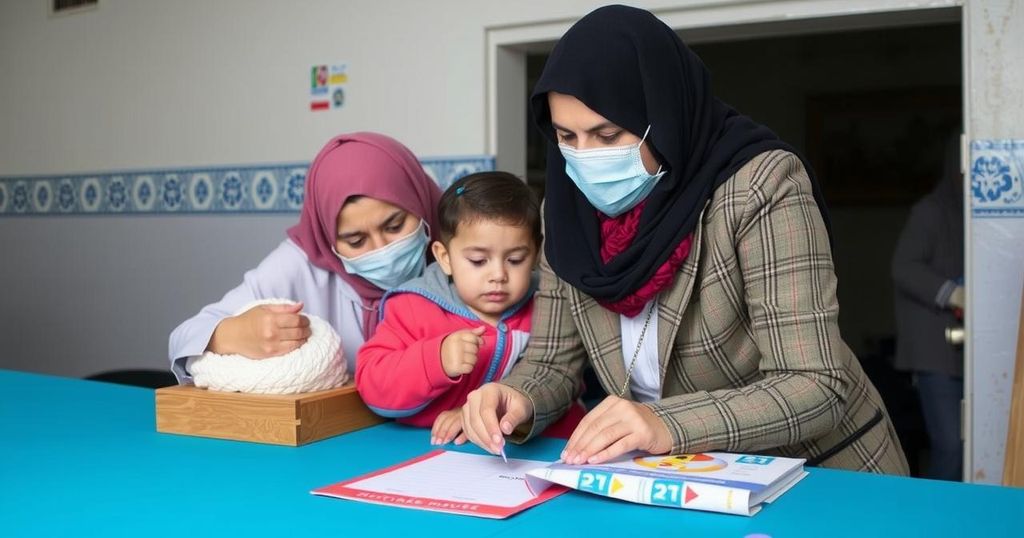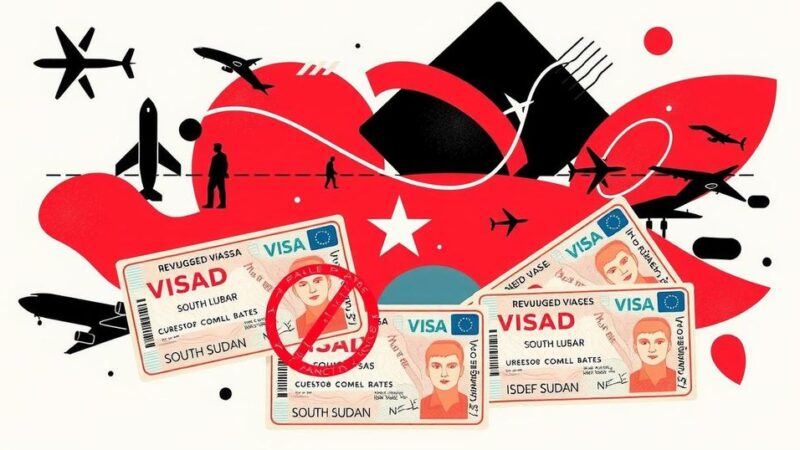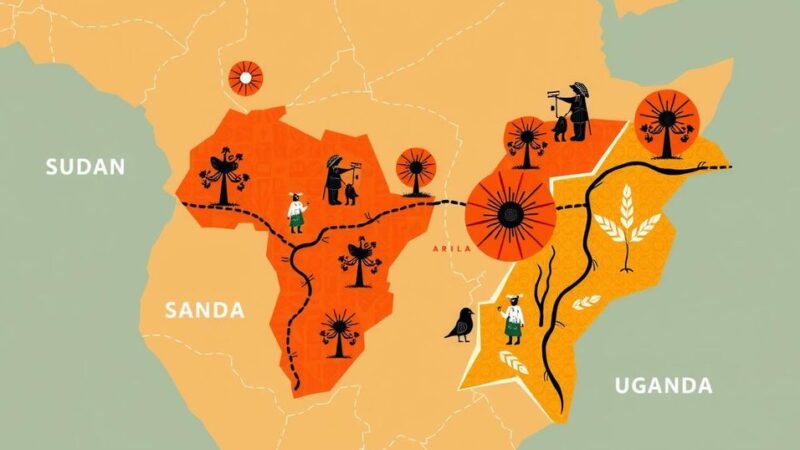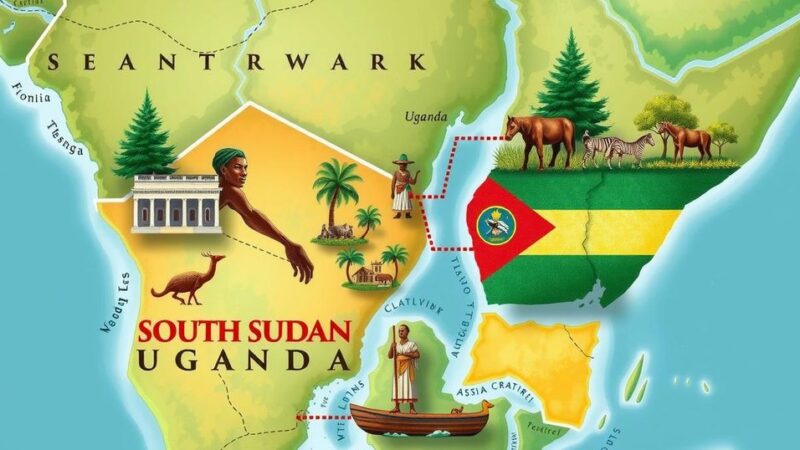The WFP, represented by Maysaa Alghribawy, has vowed to assist Iran, a leading refugee host, in addressing food security challenges. Iranian officials indicate that if international support does not improve, they may rethink refugee policies due to inadequate funding for humanitarian efforts, particularly in education for Afghan refugees, which is critically strained.
Tehran – Maysaa Alghribawy, the newly appointed representative of the World Food Program (WFP) in Iran, has reiterated the organization’s commitment to assist Iran in its role as one of the leading hosts of refugees globally. During a meeting held on January 12 with Iranian Foreign Minister Abbas Araghchi, Alghribawy emphasized the need for strengthening cooperation between the WFP and Iran to enhance food security efforts amidst the challenges facing the region. Minister Araghchi highlighted the critical importance of international collaboration in addressing the humanitarian crises, particularly regarding the refugee situation in West Asia.
The influx of Afghan refugees has been significant, with estimates stating that approximately 4,000 Afghans enter Iran daily, reflecting the ongoing regional crises. Currently, an estimated six million Afghan refugees, inclusive of both documented and undocumented individuals, reside in Iran. The Iranian government is actively seeking to streamline documentation for these individuals, necessitating a substantial financial deposit for residency permits.
In light of the growing number of refugees, Iranian officials indicated a potential reevaluation of the country’s refugee policies. Nader Yar-Ahmadi, head of the National Organization for Migration, warned that if the international community does not take adequate responsibility for refugee assistance, Iran may reconsider its immigration stance. Yar-Ahmadi noted that currently, less than one percent of the funding required to sustain refugees is being provided, limiting the country’s ability to accommodate further refugees.
The Iranian government’s support for educational initiatives aimed at Afghan children remains insufficient, with 25,000 classrooms needed but only 21 schools constructed since 2021 with UNHCR assistance. Yar-Ahmadi stressed that the lack of adequate funding from the UNHCR hampers efforts to provide essential services to the influx of foreign nationals in Iran, underscoring the need for urgent action from international stakeholders to alleviate the burden on Iran’s infrastructure and humanitarian resources.
The World Food Program (WFP) plays a crucial role in providing food security and humanitarian assistance in various global regions, particularly in areas experiencing significant refugee crises. Iran has become one of the largest host countries for Afghan refugees due to ongoing political and social instability in Afghanistan. The country faces immense pressure on its social services, infrastructure, and economy as it accommodates these populations. Cooperation between international organizations like the WFP and host countries is vital for addressing these challenges and ensuring the well-being of refugees and local communities alike. The current context is characterized by a surge in Afghan refugees entering Iran, raising concerns about sufficiency in support from the international community and leading Iranian officials to consider revisions to immigration policies if conditions do not improve.
In summary, the commitment by the WFP to support Iran in its refugee-hosting efforts highlights the urgent need for collaborative international responses to humanitarian crises. With thousands of Afghan refugees entering the country daily, Iran faces increasing challenges in food security and social infrastructure. The call for enhanced financial and operational support from global partners is critical to sustaining the humanitarian efforts required to assist both the refugees and the Iranian populace.
Original Source: www.tehrantimes.com






